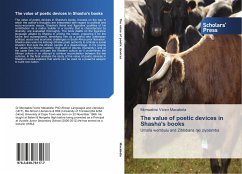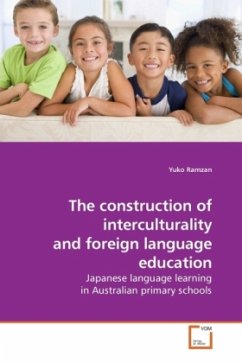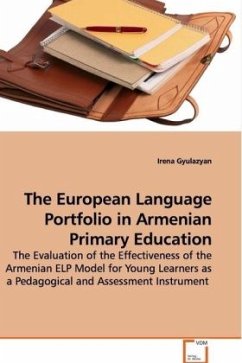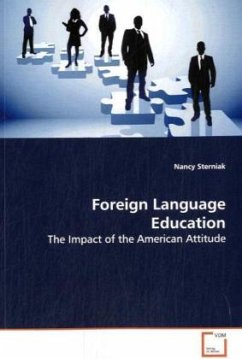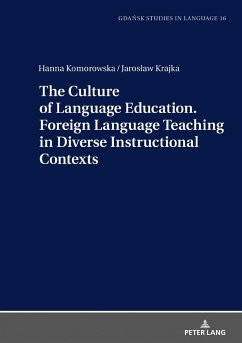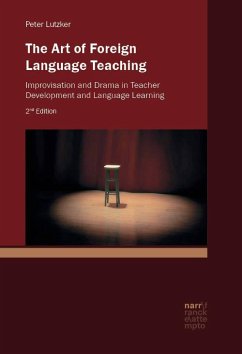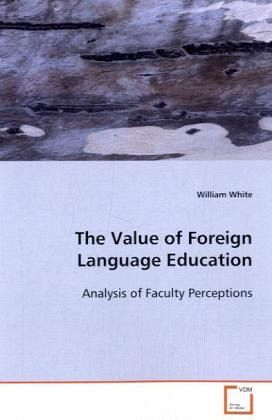
The Value of Foreign Language Education
Analysis of Faculty Perceptions
Versandkostenfrei!
Versandfertig in 6-10 Tagen
45,99 €
inkl. MwSt.

PAYBACK Punkte
23 °P sammeln!
Foreign Language Education has a long history at American institutions of higher education. However, when faced with an increasingly vocational slant to learning, enrollment in foreign language courses has declined sharply since the early 1960s. By asking American university faculty their perceptions of the role of foreign language education in the modern university, this work seeks a path situate foreign language programs more firmly in the fiber of higher learning. The study described in these pages is profoundly influenced by the sociological works of Pierre Bourdieu and Alfred Bandura and ...
Foreign Language Education has a long history at
American institutions of higher education. However,
when faced with an increasingly vocational slant to
learning, enrollment in foreign language courses has
declined sharply since the early 1960s. By asking
American university faculty their perceptions of the
role of foreign language education in the modern
university, this work seeks a path situate foreign
language programs more firmly in the fiber of higher
learning. The study described in these pages is
profoundly influenced by the sociological works of
Pierre Bourdieu and Alfred Bandura and suggests that
critical inquiry begins with understanding the space
foreign language programs inhabit. The work
concludes with the sketch of an emerging model for
reconceptualizing the role of foreign language
education within higher education.
American institutions of higher education. However,
when faced with an increasingly vocational slant to
learning, enrollment in foreign language courses has
declined sharply since the early 1960s. By asking
American university faculty their perceptions of the
role of foreign language education in the modern
university, this work seeks a path situate foreign
language programs more firmly in the fiber of higher
learning. The study described in these pages is
profoundly influenced by the sociological works of
Pierre Bourdieu and Alfred Bandura and suggests that
critical inquiry begins with understanding the space
foreign language programs inhabit. The work
concludes with the sketch of an emerging model for
reconceptualizing the role of foreign language
education within higher education.



